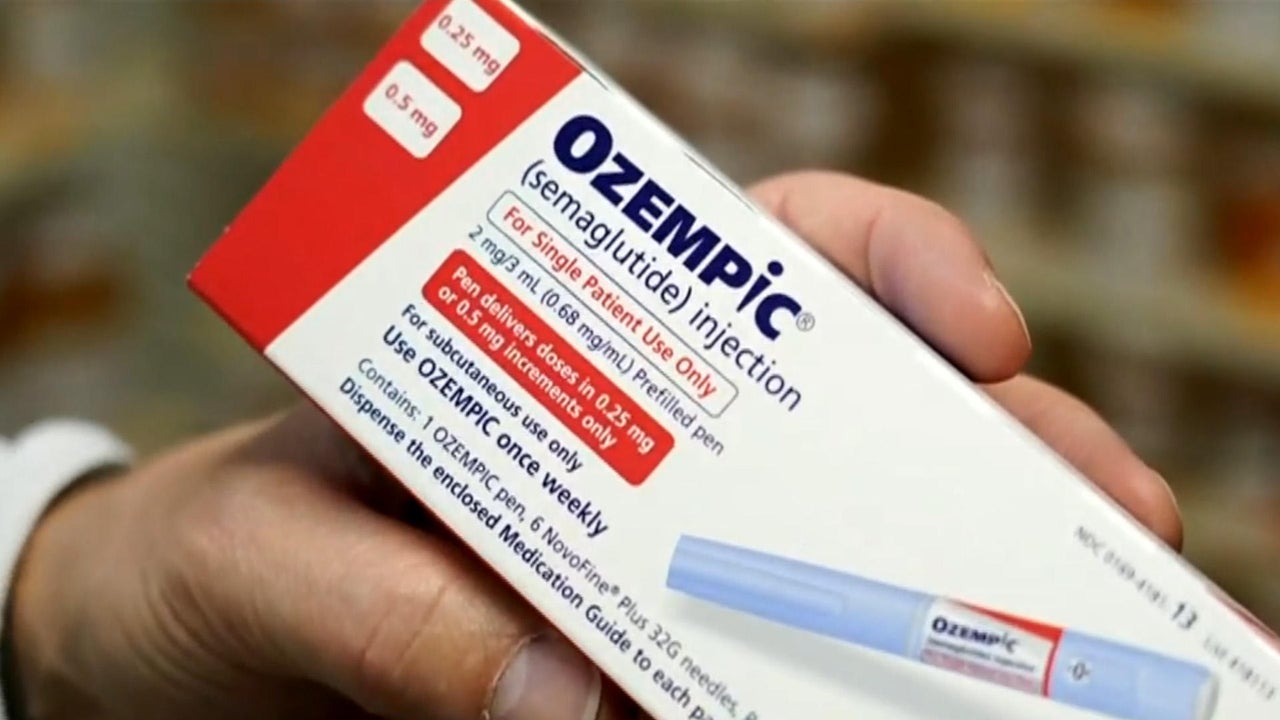
Key findings from the study

The study analyzed a large dataset over nearly ten years, focusing on patients with histories of alcohol and opioid use disorders. Researchers found that individuals taking semaglutide experienced:
50% lower rate of alcohol intoxication compared to those not on the medication.
40% lower rate of opioid overdose incidents among those prescribed the drug.
These findings suggest that semaglutide may influence the brain’s reward pathways, which are often implicated in addictive behaviors. The drug’s ability to regulate appetite and impact brain chemistry could be pivotal in developing new treatment options for addiction.
Read more: The Regenerative Power of Caffeine on Vascular Health
Implications for addiction treatment

Dr. Céline Gounder, a medical contributor for CBS News, noted that if these medications prove safe and effective for treating addiction, they could become widely used pharmacotherapies. Currently, there are only three FDA-approved medications specifically for alcohol use disorder, yet less than 2% of those affected utilize them.
The potential for semaglutide to serve dual purposes—weight loss and addiction treatment—could revolutionize how healthcare providers approach these issues, particularly given the rising rates of substance use disorders.
Read more: Slim Down with Tasty And Nutritious Weight Loss Recipes for a Healthier You!
Ongoing research
While these initial findings are promising, researchers emphasize the need for further randomized clinical trials to establish a clear cause-and-effect relationship. The long-term effects of using semaglutide for addiction treatment remain uncertain, particularly regarding its impact on mental health and potential side effects such as gastrointestinal issues.
Conclusion
The emerging evidence that weight loss drugs like semaglutide can aid in treating alcohol and opioid addiction opens new avenues for research and therapy. As studies continue to explore this potential, healthcare providers may soon have more effective tools to combat addiction, ultimately improving outcomes for many individuals struggling with substance use disorders.






